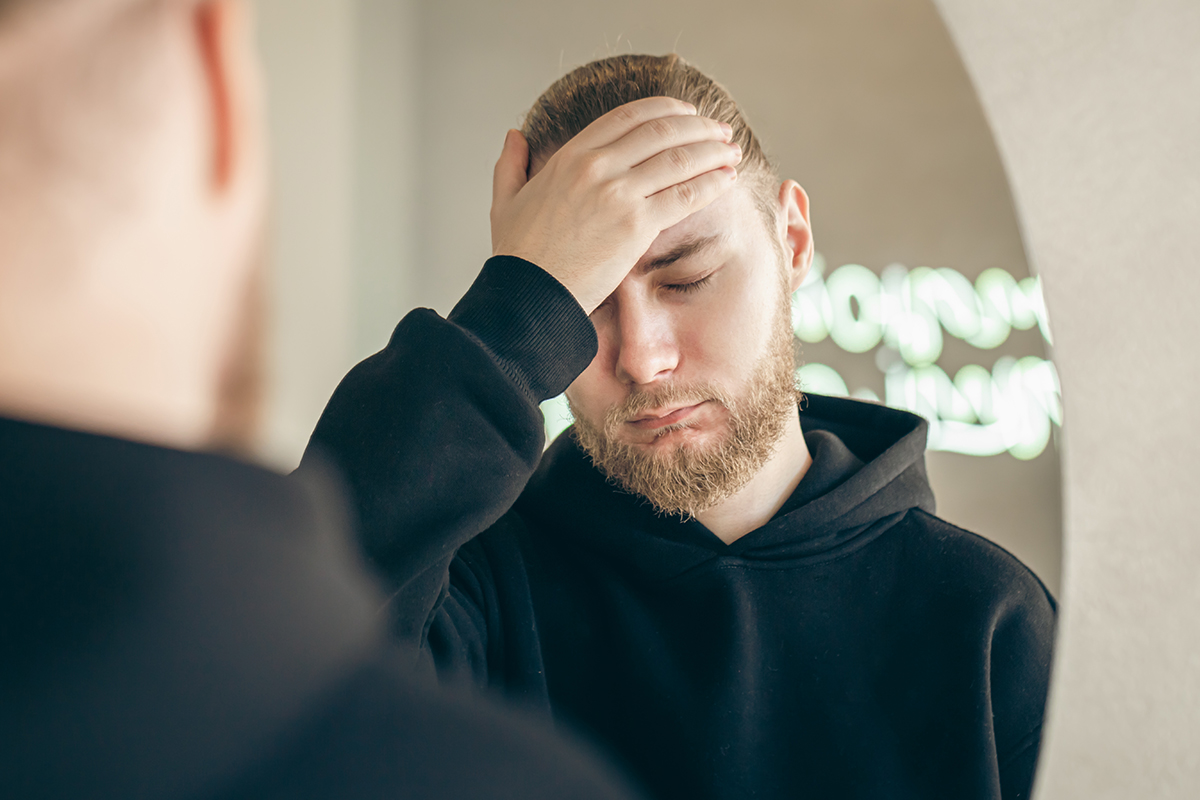Psychosis is a medical term to describe a break from reality that causes unusual or unpredictable behavior, confusion, extreme agitation and irrational beliefs. People having a psychotic episode may not realize they are in a mental health crisis because the things they see, feel, hear and believe seem so real. While people living with mental illnesses like schizophrenia suffer from psychotic breaks, psychosis can also result from substance use. As a parent, what should you know?
Symptoms of Psychosis
Leading characteristics of psychosis include:
- Paranoia – being highly suspicious of other people
- Delusions – believing things that have no basis in reality
- Hallucinations – seeing, feeling, hearing or smelling things that are not there
- Panic attacks – sudden, intense feelings of terror for no apparent reason
- Confusion – an altered mental state that causes disorientation
Drug-Induced Psychosis
Drug and alcohol use can trigger psychosis even in people with no history of mental illness. Drugs that are most likely to cause psychotic symptoms include marijuana, cocaine and psychedelics. Some prescription medications, like muscle relaxers, can also induce psychosis when taken in larger-than-prescribed doses.
Additionally, combining substances like alcohol and high-THC marijuana can result in a psychotic episode. Today, many cannabis products sold for recreational and medicinal use have a dangerously high concentration of THC, which alters users’ reality and perceptions. Heavy cannabis use is also more likely to cause a dependency, particularly among younger people.
While drug-induced psychosis is frightening, it typically only lasts until the substance has fully cleared the brain and body. Symptom severity increases correspondingly when people experiment with taking higher doses.
How to React to a Psychotic Episode
Psychotic breaks rarely arise out of the blue. Instead, a psychotic episode may begin with seemingly minor symptoms like paranoia, trouble concentrating, neglecting self-care or withdrawing from friends and family. Treatment professionals call these early warning signs first-episode psychosis, and they often occur in adolescence or young adulthood.
Though you may lack the qualifications to accurately diagnose psychosis, you can still notice changes in your son’s personality and compare it to what you know about how psychotic breaks manifest. Once a psychotic episode is over, you can also try asking him to talk about what it felt like, so you have an idea of what to look for in the future.
Recovering From Psychosis and Addiction
Substance use and mental health issues tend to go hand in hand, becoming increasingly severe and complicated as time goes by. Instead of trying to address these challenges separately, dual-diagnosis treatment can provide a more stable foundation for long-term recovery.
At PACE Recovery, we believe in a holistic approach that addresses our clients’ medical, psychosocial, relational and spiritual facets. We provide evidence-based therapies, short- and long-term recovery options and family therapy to treat addiction alongside a broad range of co-occurring psychiatric conditions.
To verify your insurance and learn how coming to our California men’s-only rehab can change your son’s life for the better, please reach out to us today.



